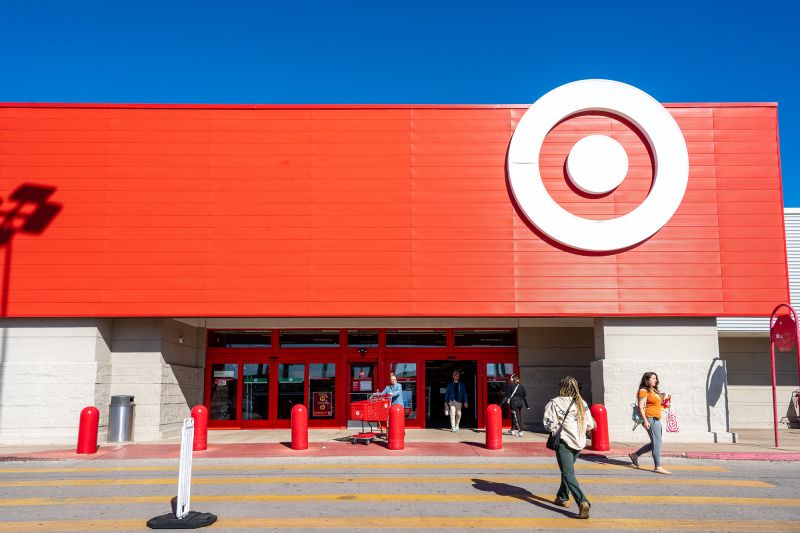
Target Faces 40-Day Boycott Over DEI Policy Shift
Alright, let’s talk about something big happening right now—Target is facing a 40-day boycott, and it’s hitting at a really tough time for the company. This isn’t just another social media trend; it’s a significant economic protest led by Rev. Jamal Bryant, a well-known pastor from Atlanta. The reason? Target recently scaled back its Diversity, Equity, and Inclusion (DEI) initiatives, and many in the Black community feel betrayed.
Now, to give you some background, Target was once seen as a leader in corporate DEI efforts, especially after the 2020 protests following George Floyd’s murder in Minneapolis—Target’s home city. The company set goals for hiring more minorities, had an executive committee dedicated to racial justice, and actively worked on inclusive policies. But fast forward to 2025, and things have changed. On January 24, Target announced it was eliminating some of these DEI goals, including ending an executive committee focused on racial justice. Instead, they introduced a new strategy called “Belonging at the Bullseye,” which, according to them, still promotes inclusivity but in a way that adapts to the “evolving external landscape.”
This rollback isn’t happening in isolation. Many major corporations, like Disney and Google, are also scaling back their DEI programs under legal and political pressure. The Trump administration has been particularly vocal against DEI, calling it “illegal,” and even threatening legal action against companies that continue these initiatives. But here’s the catch—while some companies are quietly stepping away, Target is facing major backlash. Customers who supported the company's past DEI efforts are speaking with their wallets, and even the daughters of one of Target’s co-founders have called the move a “betrayal.”
Also Read:- Families Fear Housing Cuts Could Leave Them Homeless
- Trump’s Final Warning to Hamas: “Release Hostages or Face the Consequences”
Now, the timing of this boycott is critical. First, it coincides with Lent, a time when many people already engage in fasting and sacrifice, making it symbolically powerful. Second, Target is struggling financially—its sales have been declining, and economic conditions aren’t exactly in its favor. Recent data suggests that foot traffic at Target has dropped more than at competitors like Walmart and Costco, and analysts are noticing the trend. Some are saying this dip might be due to economic factors, but others point directly to the backlash from the DEI pullback.
The boycott is also sparking debates within the Black business community. Melissa Butler, the CEO of The Lip Bar, one of the largest Black-owned beauty brands sold at Target, has expressed concern. She’s disappointed in Target’s decision but also worries that a boycott could unintentionally hurt Black-owned businesses that rely on the retailer for sales. It’s a complicated situation.
And here’s another layer—Target is already dealing with additional financial pressures, like the tariffs on Mexican imports announced by Trump. CEO Brian Cornell recently said that these tariffs could lead to price hikes on essential goods like fruits and vegetables, which isn’t great news for shoppers. Combine that with an already struggling retail environment, and it’s clear that Target is in a tough spot.
So, what happens next? Will this boycott fizzle out after 40 days, or will it be the beginning of a larger movement? Historically, consumer boycotts have had mixed success, but if enough people participate and sustain their efforts, it could force Target to rethink its approach. Either way, this situation highlights just how tricky it is for big corporations to navigate today’s political and social landscape.
What do you think? Will this boycott make a difference, or will Target stick to its new course? Let’s talk.
Read More:

0 Comments